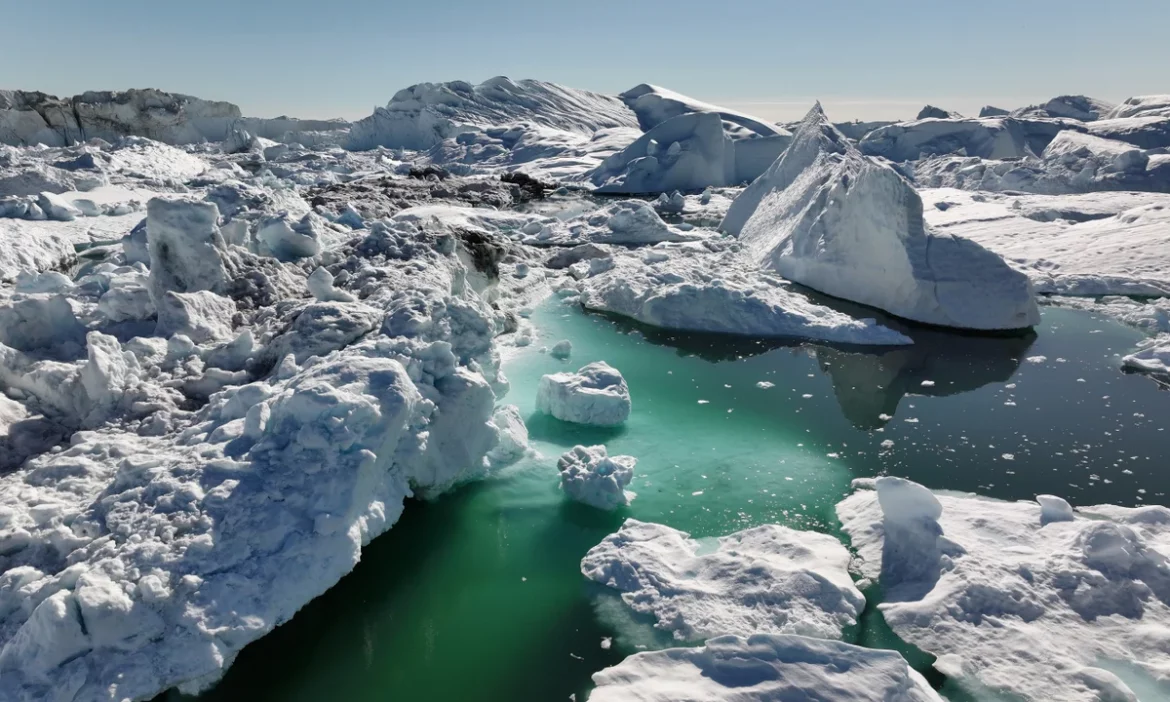In the run-up to Cop29, António Guterres, the UN secretary general has warned that the world is still underestimating the risk of catastrophic climate breakdown and ecosystem collapse, acknowledging that the rise in global heating is on course to soar past 1.5C (2.7F) over pre-industrial levels in the coming years.
Guterres said that humanity was approaching potentially irreversible tipping points such as the collapse of the Amazon rainforest and the Greenland ice sheet as global temperatures rise, warning that governments are not making the deep cuts to greenhouse gas emissions needed to limit warming to safe levels.
The UN boss was quoted by the Guardian to have said that a second US departure from the Paris climate agreement under a new Donald Trump presidency would risk crippling the process but said the accord would survive.
With wildfires, drought and extreme weather already ravaging parts of the planet, new research raises concerns about the stability of natural carbon sinks that underpin decarbonisation efforts. Forests, plants and soil – as a net category – absorbed almost no carbon in 2023 during the hottest year on record. While the collapse of land carbon sinks may be temporary, scientists have warned that cracks in the resilience of the Earth’s systems are beginning to show.
Guterres urged greater coordination on the interlinked environmental crises of the 21st century, warning that it was impossible to take action on global heating without action on biodiversity loss to protects forests and other natural carbon stores and sinks.
Read also: EU space programme finds this year ‘virtually certain’ to be hottest on record
“The risk of these tipping points accelerating climate change is something that must be taken very seriously. Just to give two examples, some people say that we might come to a situation where the Amazon forest will become a savanna irreversibly, or that the Greenland [ice sheet] and west Antarctica will melt.
“Even if it happens over a huge period, it will melt irreversibly. So we are coming close to dramatic gamechangers in relation to the impacts of climate change in the life of the planet,” Guterres said in an interview on the sidelines of the biodiversity Cop16 in Cali, Colombia, which concluded on 1 November.
“The world is still underestimating climate risks. I have no doubt that we are risking reach[ing] a number of tipping points that will dramatically accelerate the impacts of climate change. It is absolutely essential to act now. It’s absolutely essential to reduce emissions drastically now,” he said.
For the next two weeks, governments will gather by the Caspian Sea in Baku, Azerbaijan, to discuss how to increase financing for climate adaptation and mitigation. Tense talks are expected over a new financial target to replace the $100bn (£77.5bn) commitment that expires next year.
Story was adapted from the Guardian.
